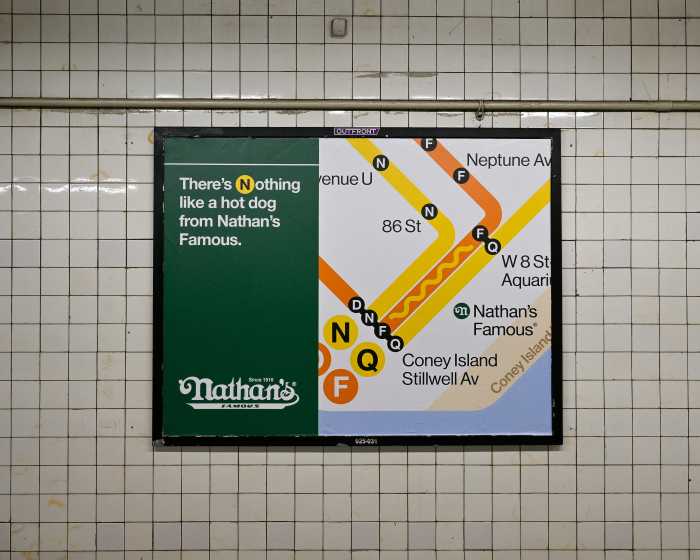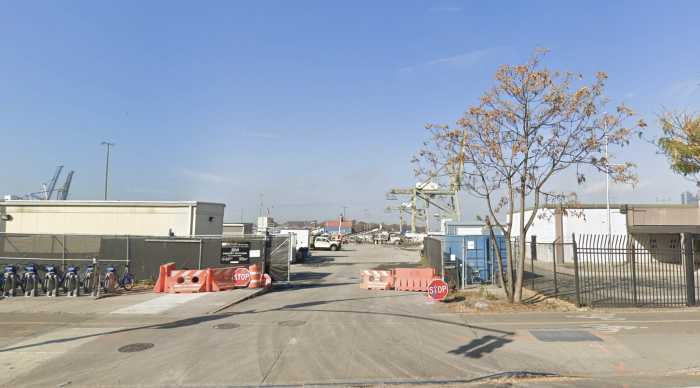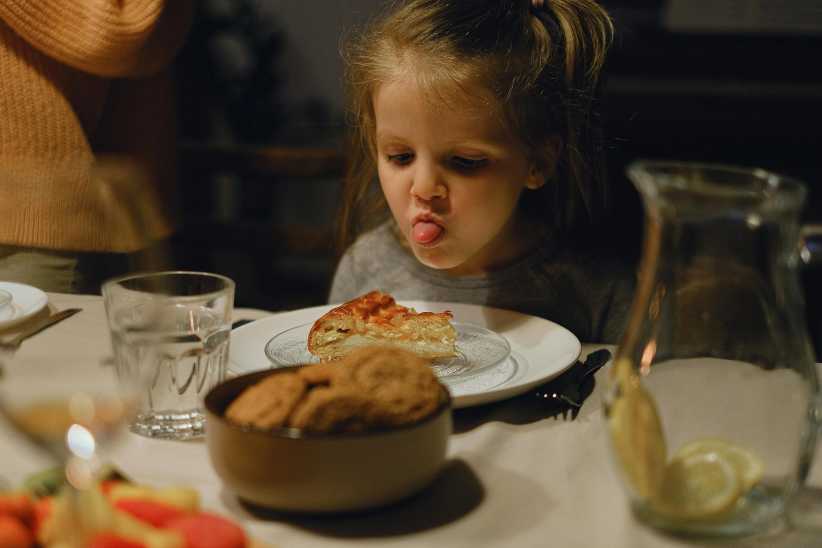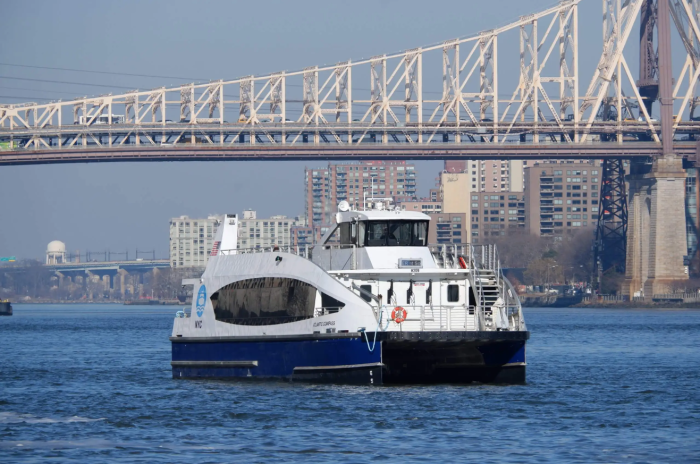As 2009 fades into 2010, the mood is bittersweet in Bay Ridge, as two venerable houses of worship close their doors for the final time.
The Fort Hamilton Presbyterian Church, 367 94th Street, celebrated its last service on Sunday, December 27, after 111 years, first as an offshoot of the Bay Ridge Presbyterian Church and, since 1925, on its own.
A week later, on January 3, 2010, will be the final Sunday service for Salem Lutheran Church, which came into being on April, 3, 1904.
“It’s very sad,” remarked Dilia Schack, a worshipper at Fort Hamilton Presbyterian Church, who told this paper that the congregation had shrunk over the years. While, most recently, said Schack, the church had 18 members, there were usually only eight or nine at services.
“Yesterday, for the last service, there were almost 70,” she added.
Lars Nilsen, the historian for the Norwegian Immigration Association, who grew up in Bay Ridge and attended Salem Lutheran Church Sunday school, expressed sadness at that church’s closing.
“It was quite a wonderful community,” Nilsen reminisced, as he spoke of the changes that the neighborhood has undergone in the last half a century. “It reflects a phase of the immigrants who came here at a certain time. It’s a shame to see it die. It shouldn’t go down without a ripple in the water.
“It’s kind of sad to see it happening, but, 105 years is a pretty good existence,” Nilsen mused. “I would have loved it to be longer. I just hope we preserve the story. It should be remembered.”
Both churches were longtime mainstays in the neighborhood.
Over the years, Fort Hamilton Presbyterian Church was a meeting place for many local groups, including Alcoholics Anonymous, Busy Hands, Ragamuffin, Inc., the Shorefront Democratic Club and Community Board 10. In 1963, the current sanctuary was dedicated, and in 1965, the Fort Hamilton Presbyterian Church merged with the Park United Presbyterian Church.
Salem has been at its present location, 450 67th Street, since December, 1945. Its prior location, 416 46th Street, is still in use as a house of worship by a different congregation, the Iglesia Pentecostal El Camino.
From the beginning, the church %u2013 now down to a couple of dozen members — was one of the pillars of the thriving Scandinavian community that flourished in southwestern Brooklyn.
Throughout its existence, Salem Lutheran Church has hosted far more than religious rites. Leif Ericson Day School started there, and the church also opened its doors for community theater troupes, pet adoption efforts and other local endeavors, including, for the last three years, the annual celebration of Lucia Fest by the Bay Ridge-based Scandinavian East Coast Museum.
“A lot of amazing music came out of that church,” noted Victoria Hofmo, the founder of the Scandinavian East Coast Museum, who also noted that the sanctuary was “very simple.” Yet, she stressed, “because the apse is iridescent almost, everything shimmers.”
The church is beautiful on the exterior as well, Hofmo opined. “When you go along Fifth Avenue, it’s one of the most noticeable spots. How many stone churches do we have? It would be a shame to lose it. The best thing would be for another church to come in.”
The loss of the church, she added, “Is sad on many levels, for the congregation, for the pastor, for the community. It’s our history.”
Nor are the two churches isolated examples. Rather, in recent years, numerous houses of worship in the neighborhood have fallen on hard times.
In the mid-1990s, Salem Danish Lutheran Church %u2013 which was down to 10 congregants %u2013 reinvented itself as the Salam Arabic Lutheran Church, under the leadership of the Reverend Khader El-Yateem.
Other houses of worship have sold or have contemplated selling their property. After a protracted controversy, the Bay Ridge United Methodist Church, at Ovington and Fourth Avenues, was demolished so the property could sold by its diminished congregation. And, the Bay Ridge Jewish Center, at 405 81st Street, had also tried at one point to sell a portion of its property.
The big question, said Hofmo %u2013 who, a few years back, put together a presentation on ways for houses of worship to maintain themselves that was attended by only three groups %u2013 is “how to make churches relevant.”
Houses of worship, she contended, need to “reinvent themselves” as their congregations dwindle and demographics shift.
The church she attends, Bethlehem Lutheran Church, at Fourth and Ovington Avenues, is an example of that, Hofmo noted, having found a way to utilize the property it owns to bring in money to sustain itself. “For Bethlehem, it was leasing to the Board of Education,”she said.
In addition, said Hofmo, houses of worship need to look at ways of expanding the services they provide.
“Churches that are doing well do a lot of programming,” she went on. “If you provide services, people will come,” she contended.
“Try to keep things intact and look for your niche,” Hofmo urged.
























